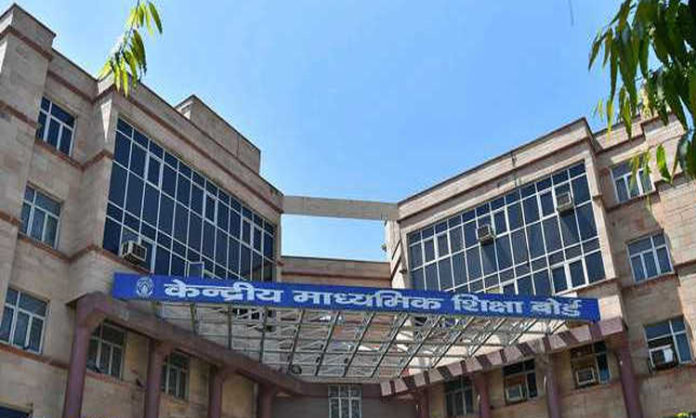In a unique and first-of-its-kind initiative in the country, students of Class IX would be able to enroll directly into the university stream at Shri Vishwakarma Skill University (SVSU), Gurugram, for skill-based education. The step is aimed at improving employment potential.
The new concept, also called “feeder school”, also aimed at significantly reducing the drop-out rate among the school students, has been approved by the CBSE under its “innovation school” category.
“With the nod from the CBSE and the Board of School Education, Haryana, (BSEH), the university is set to roll out the programme from the current academic session,” SVSU Vice-Chancellor Raj Nehru, the brain behind the innovative concept, told media, here on Tuesday.
Nehru said the concept was an offshoot of a survey done by the university on students who had dropped out of schools. Almost 90 per cent of them wanted to study but several constraints, mainly financial, came in the way of completing their studies. The new concept would significantly reduce the drop-out rate as it was rooted in the “earn while you learn” principle, he asserted.
Under the new system, students would study three skill-based subjects, besides one language and computers, in Class IX and X. In Class XI and XII, students would have the option of specialising in one of the skill-based subjects, which would go a long way in honing their employment skills. Besides, the students would be taught basic maths and science.
After Class XII, the students would have the option of completing Bachelor of Vocation (B.Voc), a three-year degree recognised by the University Grants Commission (UGC) or go into the traditional education system. In a way, the students would be able to at least complete graduation, which is an aspiration of each individual.
“The basic aim of the concept is to introduce students to the world of skills at an early stage and to churn out skilled manpower for the industry,” Nehru said. Such models had successfully been implemented in Singapore, Finland and Germany, he added.
University officials said the ultimate aim was to put in place a dual vocational education model in the integrated work and study mode as per the National Skill Qualification Framework (NSQF), where students would work in the industries across the state with flexible class timings.
Skill-based education
- Under the new education system, students will study three skill-based subjects, besides one language and computers, in Classes IX and X
- In Classes XI and XII, students will have the option of specialising in one of the skill-based subjects. Besides, the students would be taught basic maths and science
- After Class XII, the students will have the option of completing Bachelor of Vocation, a three-year degree recognised by the UGC or go into traditional education system















































